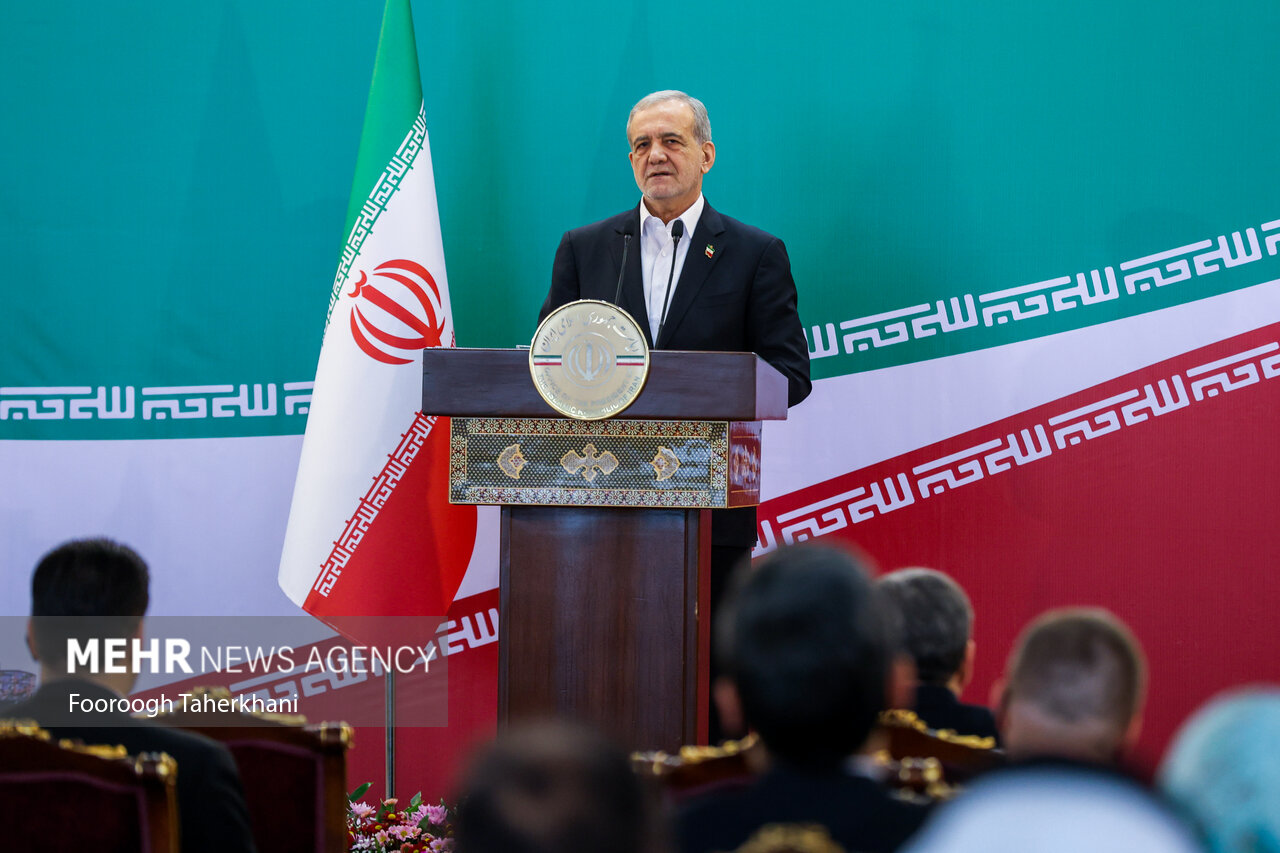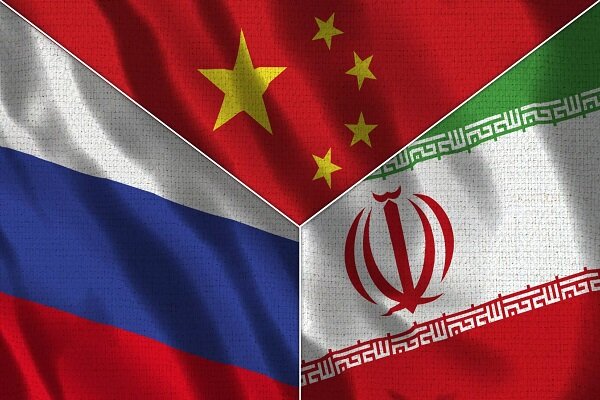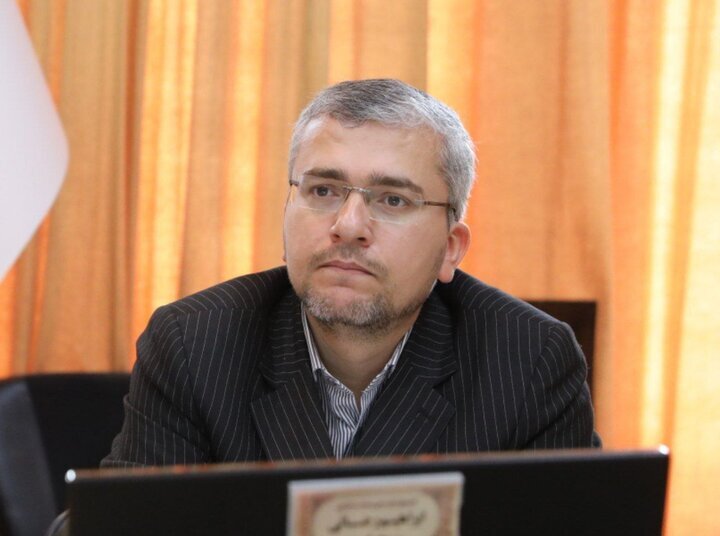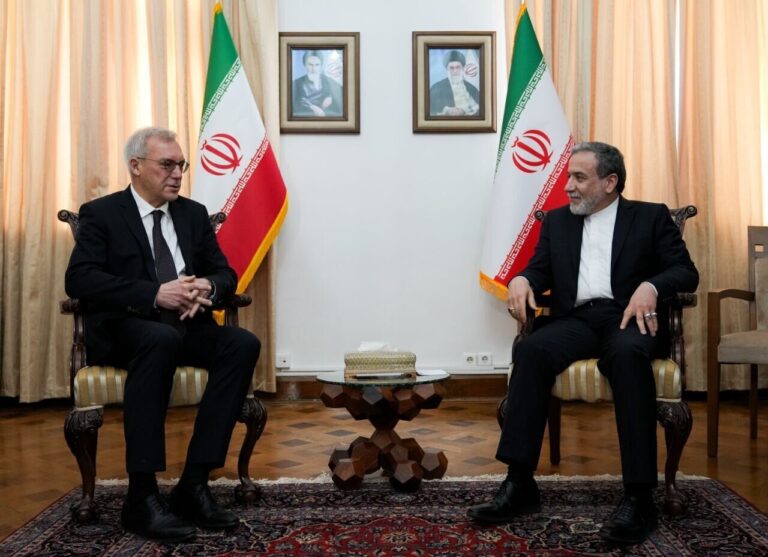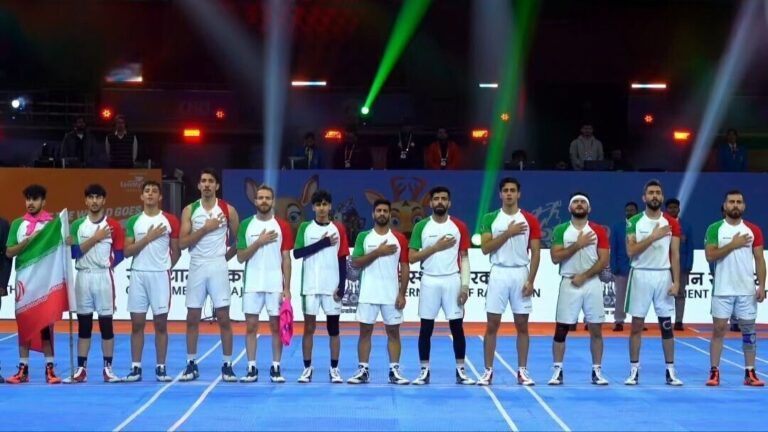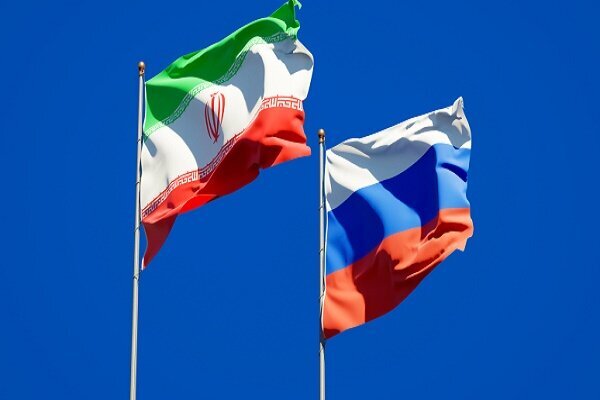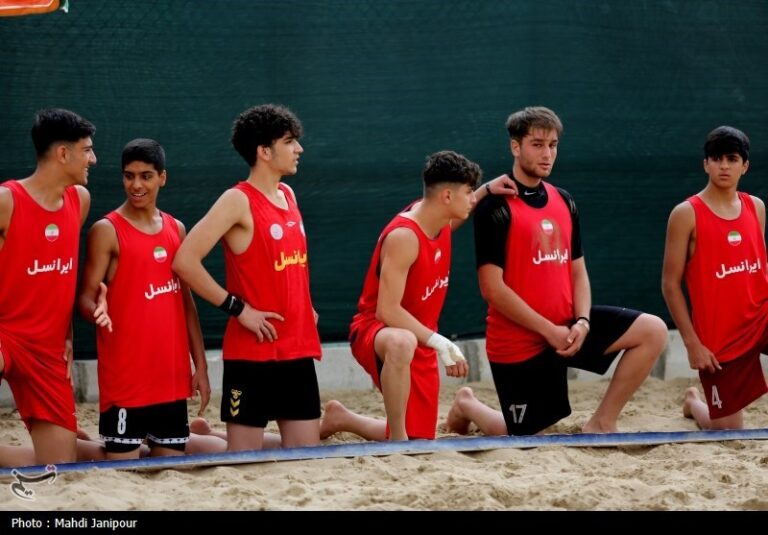Accusations Fly: Terrorists Blame Iran for Alleged Support of Global Terrorism
In the lead-up to the 46th anniversary of the Islamic Revolution, Iranian President Masoud Pezeshkian addressed a gathering of foreign ambassadors, reaffirming Iran’s unwavering commitment to peace, regional stability, and its opposition to weapons of mass destruction. His speech underscored Iran’s role in combating terrorism and promoting global justice, making it clear that the nation stands firm against external accusations.
During his address, Pezeshkian reflected on his youthful experiences during the revolution, emphasizing that the struggle was rooted in the fight against discrimination and injustice. He highlighted the challenges Iran faced from the outset, as the country was subjected to numerous conspiracies and acts of terrorism. This included the assassination of many political, religious, and cultural figures who opposed Iran’s independence.
“The very people who committed countless terrorist acts against us are now accusing us of supporting terrorism,” he stated, drawing attention to the irony of these accusations. Pezeshkian pointed out that shortly after the revolution, Iran was forced into a war with an aggressor supported by various countries. Despite limited resources, the resilience and faith of the Iranian people enabled them to defend their homeland.
“We have never been aggressors, nor have we sought war or unrest,” he emphasized, condemning the recent assassination attempt on Ismail Haniyeh in Tehran. He criticized global media for misrepresenting Iran as a source of instability while neglecting the tragic deaths of over 14,000 innocent children in Gaza. Pezeshkian questioned the silence of Western powers regarding Israeli war crimes, expressing outrage over the bombing of hospitals and the targeting of women and children.
“What kind of human rights allows the burial of children under the rubble?” he challenged the audience, stressing the need for accountability and justice. Pezeshkian also addressed the persistent claims regarding Iran’s nuclear ambitions, reiterating that the Leader of the Islamic Revolution has issued a religious decree against weapons of mass destruction. “Even those who accuse us know that our doctrine does not permit mass killings. This is verifiable at any time,” he asserted.
Furthermore, the President highlighted Israel’s history of aggression in the region, stating, “Israel has invaded every neighboring country. They claim to uphold human rights, yet who expelled Palestinians from their land? What human rights justify the forced displacement of people from their homes?” His comments underscored the importance of justice in achieving lasting peace.
Pezeshkian firmly declared, “If we defend Gaza and Palestine, it is because we stand with the oppressed whose rights have been stolen.” He warned that oppressive regimes cannot endure indefinitely, urging the ambassadors to recognize the need for a cooperative global effort.
- Global Cooperation: Pezeshkian called for enhanced international collaboration to safeguard the planet, emphasizing its precious nature.
- Commitment to Peace: He reiterated Iran’s dedication to strengthening relationships with neighboring countries and fostering strategic partnerships with China and Russia.
- Mutual Respect: The President expressed Iran’s readiness to sign agreements with all nations based on equality and mutual respect.
“I hope your presence here will contribute to stronger ties between our nations,” Pezeshkian concluded, emphasizing the importance of building a world where humanity thrives. His speech resonated with a vision for a peaceful future, grounded in justice and mutual understanding.
This gathering of ambassadors highlighted Iran’s strategic approach to international relations, showcasing its commitment to diplomacy and regional stability. As Pezeshkian outlined, the path to true peace is paved with justice, regardless of race, nationality, or belief.
In a world fraught with conflict, Pezeshkian’s address serves as a reminder of the importance of dialogue and cooperation in achieving lasting peace. The commitment to justice and the rejection of oppression are fundamental principles that can guide nations towards a more harmonious future.
